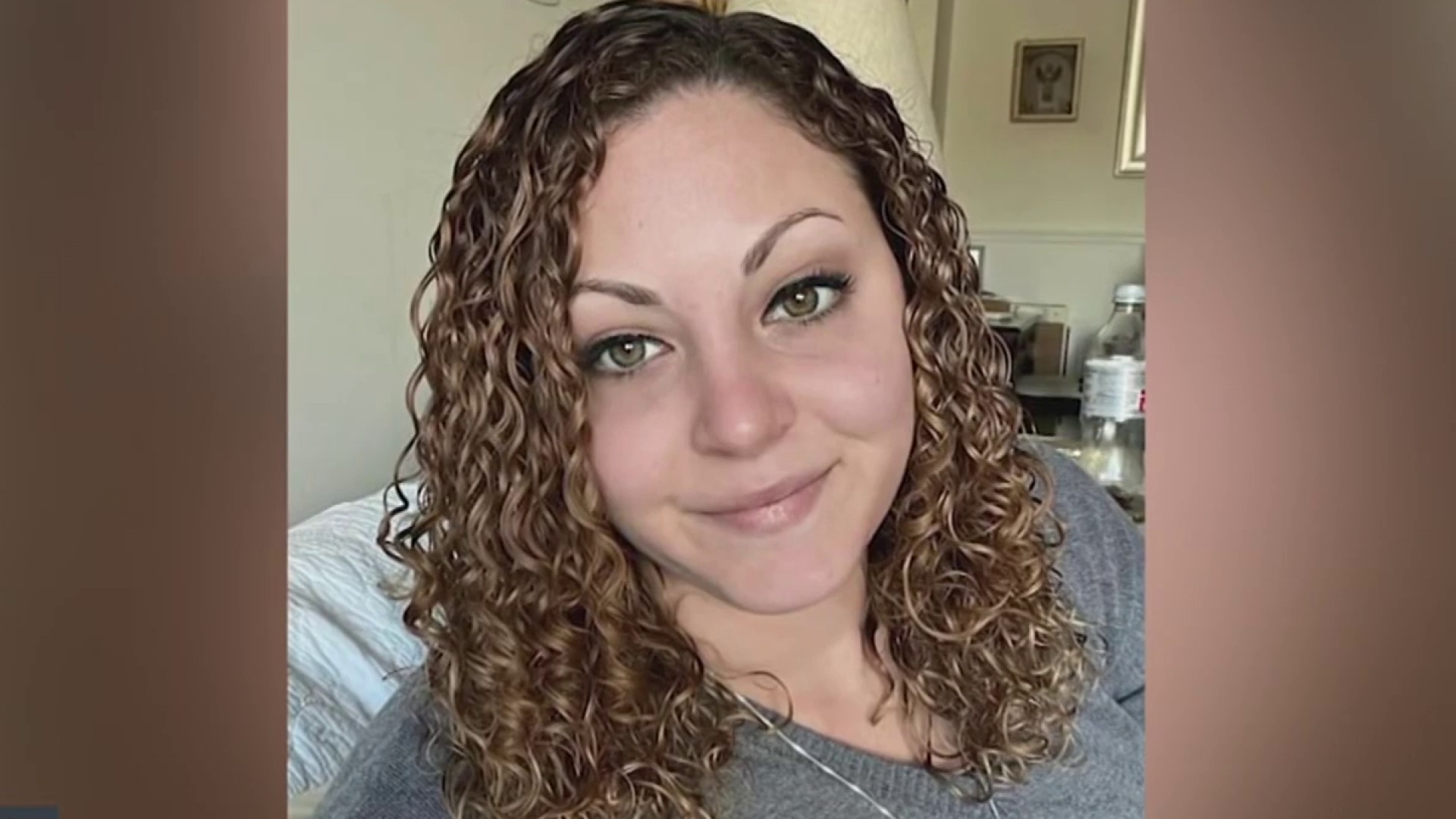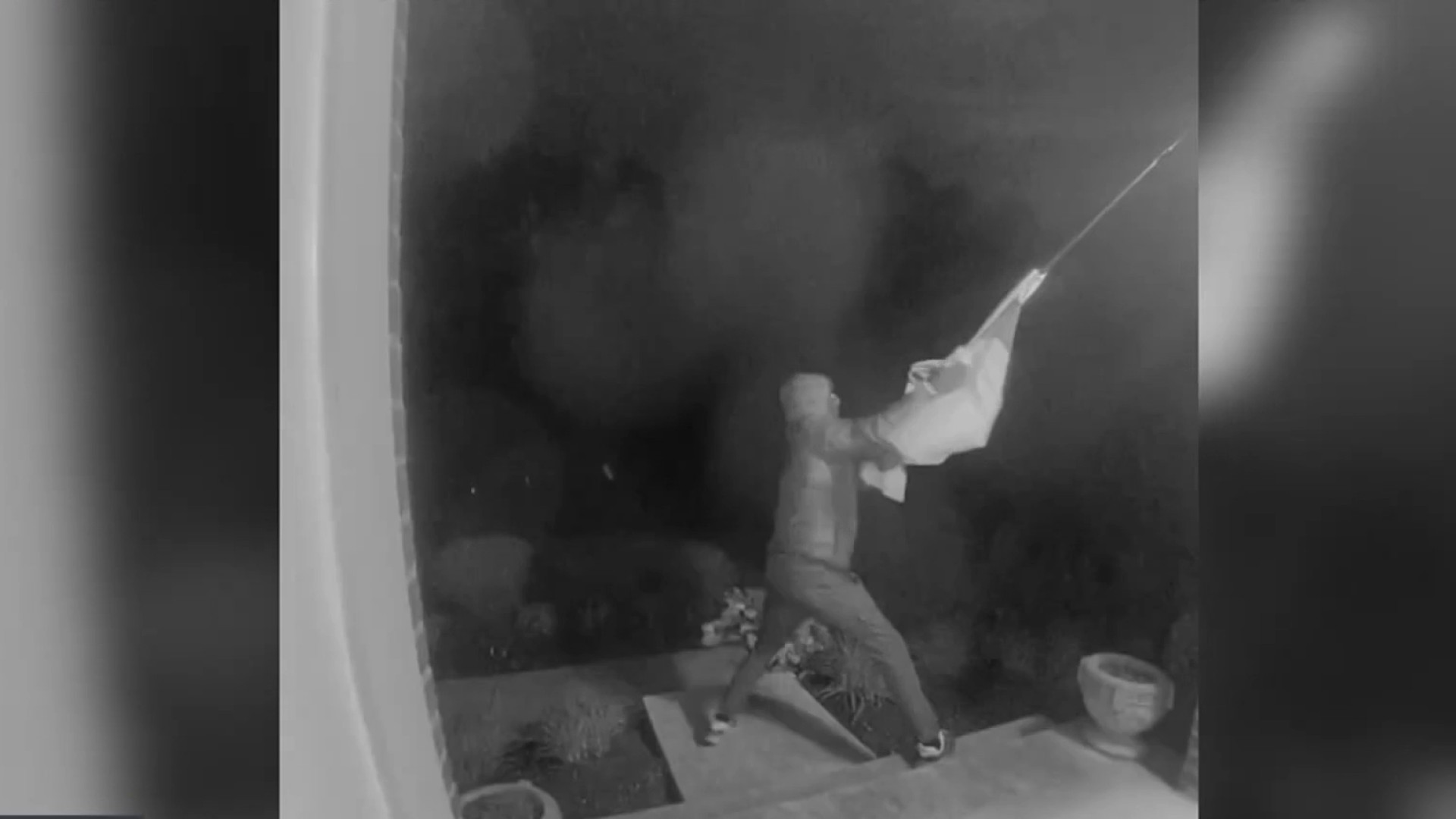On Wednesday a Virginia bill that would overhaul the state’s electoral college system moved through subcommittee with a 3-3 vote. On Thursday, opponents on the internet laid out their arguments against the plan.
Here’s the basics of the Republican-proposed plan: Instead of the current winner-takes-all system in presidential elections, the new system would split up the state’s electoral votes by congressional districts. Obama won the popular vote in the state in 2012, so he took all of the Commonwealth’s 13 electoral votes. But under this proposed legislation, each candidate would get one electoral vote for each of the state’s 11 congressional districts he wins. The state’s two at-large votes would go to the candidate that wins the majority of the districts. Had this legislation been in place on Nov. 6, Mitt Romney would have won nine electoral votes to President Obama’s four.
The gist of the GOP’s argument in favor of such a plan is that because Virginia has a GOP-controlled legislature but voted in favor of Obama in 2008 and 2012, the presidential election is not reflective of the true politics of the state and rural counties are getting ignored. To fix this, the new plan would dilute the concentrated urban vote (think Richmond and Washington suburbs) and give more power to the rural vote.
But on Thursday, I couldn’t find many writers or politicians arguing in favor of the plan. Even the conservative blogs seemed to stay quiet on the issue. But here are some links to interesting pieces written on the proposal:
* Slate's Dave Weigel breaks down Virginia’s districts and says the plan is "designed to disenfranchise Democrats."
* Larry Sabato wrote that this proposed electoral college system gives a handicap to the weaker party; “a party in decline is Nixonian and fears the future; it sees enemies everywhere, feels overwhelmed by electoral trends, and thinks it can win only by cheating, by subverting the system and stacking the deck in its favor.”
* Salon’s Alex Parenee said the move is the GOP’s “stunning admission of irrelevance.” “Virginia was a 'red state' for the entirety of the post-Civil Rights Act era, and this move shows that the GOP has effectively given up on winning it for the foreseeable future.”
Local
Washington, D.C., Maryland and Virginia local news, events and information
* Brad Plumer of Washington Post’s Wonkblog laid out the two main objections to the plan—the "political" objection and the "principled" objection.
* Virginia isn’t the only state proposing such a plan. Other states such as Ohio and Pennsylvania are considering changes to their electoral colleges. But the main difference between Virginia’s plan and all the others out there is that the other states’ would award their two at-large electoral college votes to the candidate that won the popular vote in the state. Virginia, however, awards these votes to the candidate who won the most districts. The Huffington Post imagines what the 2012 election would have looked like if the whole country followed this plan (spoiler: Romney would be our president)
* Nate Cohn of The New Republic argues that this plan could actually hurt Virginia Republicans in the long run. Virginia is historically a Republican state and is included in the party’s path to winning the White House. If they could win the popular vote in the state in 2016, under this plan they would not get the full 13 electoral college points and would need to pick up another blue state in order to win the election.
What are the chances that this plan gets passed? It doesn’t look great for Republicans in favor of the bill. The proposal will likely make it out of the full Republican-controlled Committee on Privileges and Elections, but will face hurdles in front of the full Senate. The Virginia Senate is split between 20 Democrats and 20 Republicans. One Republican, State Sen. Jill Holtzman Vogel, abstained from voting in favor of the proposal in subcommittee and has said it is unlikely she will vote in favor of it on the Senate floor. Without her vote, the proposal is a no-go.
IN OTHER NEWS:
* The prosecution rested its case Thursday in the misconduct trial of Anne Arundel County Executive John Leopold.
* Councilman Jim Graham withdraws bid to be on the Youth Trust board
* Report finds that D.C. police fail to report many sexual assaults
* D.C. Police Chief: Human Rights report doesn’t reflect the Metropolitan Police Department’s current culture
* D.C. Council to probe allegations that cops ignored sex crimes
* Sen. Tom Carper (D-Del.) introduces D.C. statehood bill in Senate
* O’Malley promotes same day registering and voting in Maryland
* McDonnell’s teacher evaluation reform gains steam in legislature
* Is NoVa real estate back to booming?
* Montgomery’s plan to restore former Lockheed chief’s property disputed by Park Service



